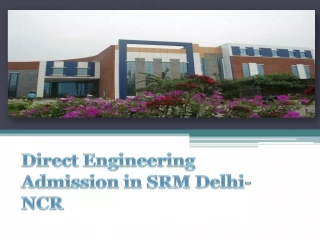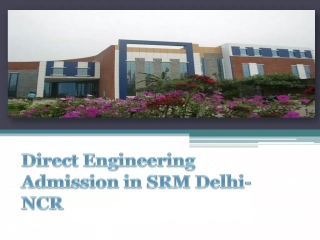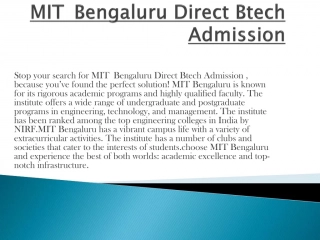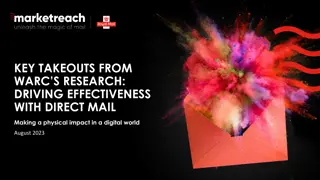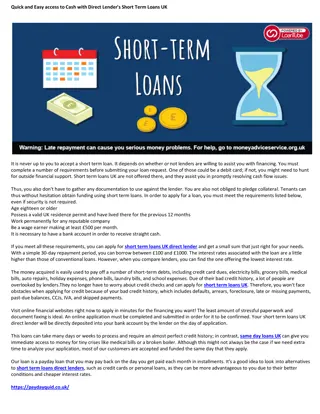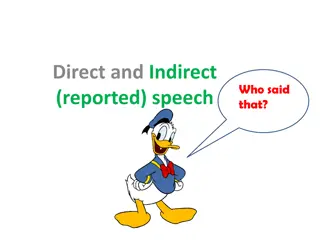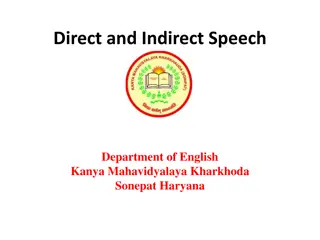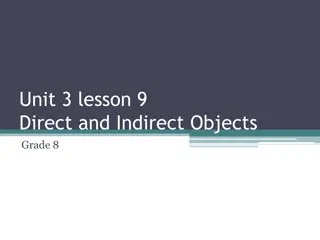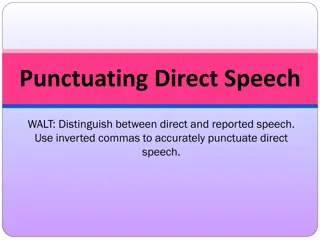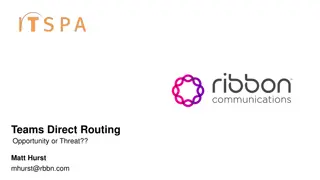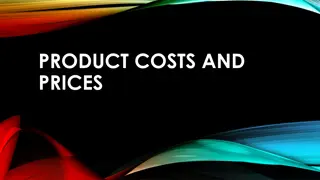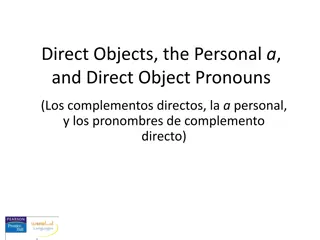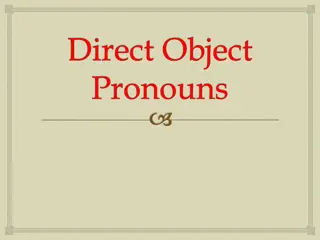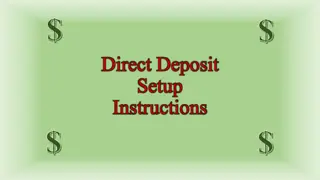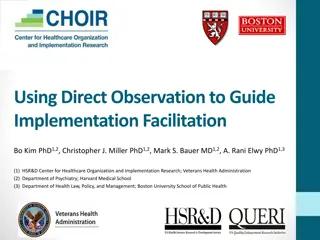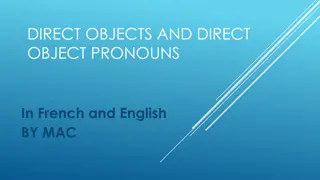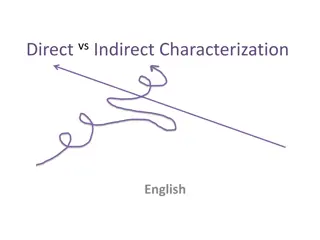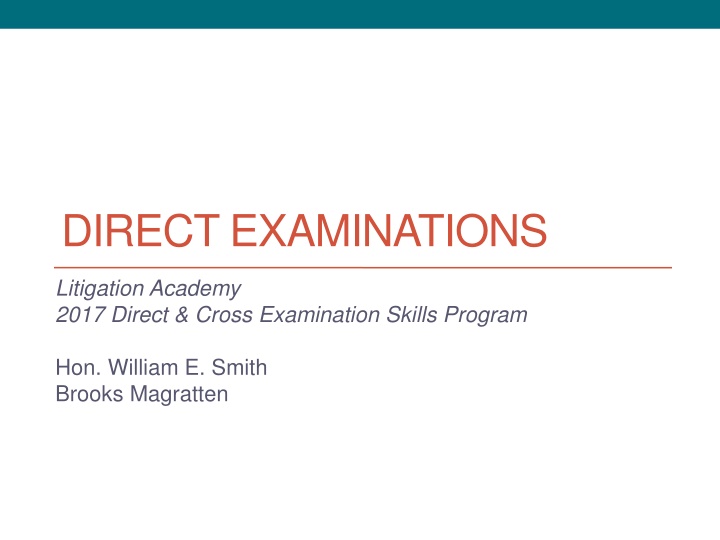
Direct Examination Strategies in Litigation
Explore important concepts in direct examinations, including competency to testify, personal knowledge requirements, leading questions, laying opinions, and structuring direct examinations effectively. Learn how to lead on direct, handle witness backgrounds, admit exhibits, deal with hostile witnesses, and more, for a successful litigation practice.
Download Presentation

Please find below an Image/Link to download the presentation.
The content on the website is provided AS IS for your information and personal use only. It may not be sold, licensed, or shared on other websites without obtaining consent from the author. If you encounter any issues during the download, it is possible that the publisher has removed the file from their server.
You are allowed to download the files provided on this website for personal or commercial use, subject to the condition that they are used lawfully. All files are the property of their respective owners.
The content on the website is provided AS IS for your information and personal use only. It may not be sold, licensed, or shared on other websites without obtaining consent from the author.
E N D
Presentation Transcript
DIRECT EXAMINATIONS Litigation Academy 2017 Direct & Cross Examination Skills Program Hon. William E. Smith Brooks Magratten
FRE 601: Competency to Testify Every person is competent to be a witness unless these rules provide otherwise. Where state law supplies the rule of decision, then state law governs the witness s competency to testify.
FRE 602: Need for Personal Knowledge A witness may testify to a matter only if evidence is introduced sufficient to support a finding that the witness has personal knowledge of the matter. Evidence to prove personal knowledge may consist of the witness s own testimony.
What is a Leading Question? 1. Tell us what you saw as you entered the intersection. 2. What was the color of the light when you entered the intersection? 3. Was the stoplight green when you entered the intersection? 4. The light was green when you entered the intersection, right?
You can lead on directsometimes Witness background Undisputed matters Foundation to admit exhibits Hostile witnesses Problem witnesses (FRE 611(c))
Structure of the Direct Examination Chronological Impact
Use a Picture Frame Give your witness context. Help focus your witness s testimony.
Lay Opinion (FRE 701) Lay opinion must be: a) rationally based on the witness s perception; b) helpful to clearly understanding the witness s testimony or to determining a fact in issue; c) not based on scientific, technical, or other specialized knowledge.
Moving Exhibits In Evidence Ask witness to identify the document / thing. Have witness explain why they recognize the document / thing. Lay the foundation. See Chapter 7, Trials.
Prepare Your Witness Review testimony with your witness. Show witness the courtroom. Make sure the witness knows what to expect.
Bring Testimony To Life Consider using demonstrative aids. Get your witness on their feet. Weave exhibits into the story. Be careful about having your witness draw.
Refreshing Recollection Witnesses will forget important facts. Show the witness the document / object that may refresh recollection. Ask the witness if the document / object refreshes their recollection about the facts at issue. Take the document / object away from the witness. Have the witness testify from their refreshed recollection. 1. 2. 3. 4. 5.
Redirect Don t do it unless you need to. Keep it short. Stay within scope of cross.
Quinlan v. Kane Prepare 12 15 minutes of direct exam. Prepare your witness tomorrow. Email opposing counsel about topics you plan to cover. Think about exhibits. Think about documents / objects you can use to refresh recollection.
CONTACT Brooks Magratten Pierce Atwood LLP 72 Pine Street Providence, RI 02903 bmagratten@pierceatwood.com 401-490-3422 Prof. Niki Kuckes RWU School of Law Ten Metacomet Ave. Bristol, RI 02809 nkuckes@rwu.edu 401-254-4505

